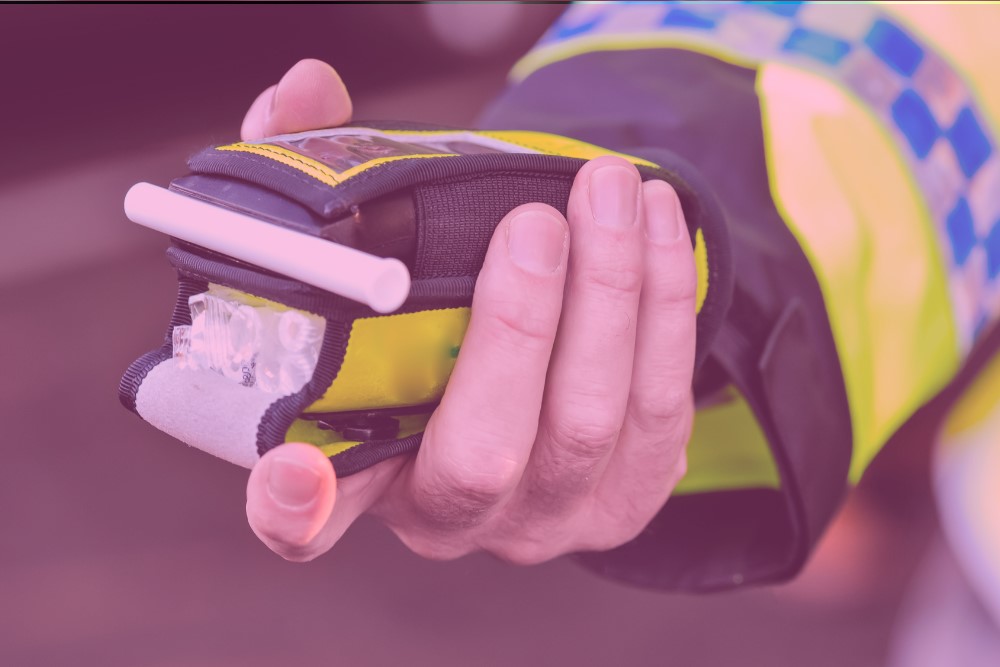In Queensland, a person will be charged with an offence if they are caught operating a vehicle on a public road or road-related area while under the influence of alcohol, or with a blood alcohol content (BAC) that is higher than the maximum prescribed BAC for their class of licence. The Transport Operations (Road Use Management) Act 1995 contains the penalties for drink driving offences. This page deals with drink driving in Queensland.
Four BAC levels
In Queensland, there are four blood alcohol content (BAC) levels that apply to drink driving offences. The offence a person is charged with and the maximum and minimum penalties that apply depend on the level of BAC that is alleged.
The four BAC levels are as follows:
- The no alcohol limit (BAC of 0.00);
- The general alcohol limit (BAC of 0.05);
- The middle alcohol limit (BAC of 0.10) and
- The high alcohol limit (BAC over 0.15).
First drink driving offence
The maximum and minimum penalties that apply for a person’s first drink driving offence are set out below.
Novice range offence
A person who is found guilty of a novice range drink driving offence (BAC of over 0.01 but under 0.05) can expect to receive a fine of up to $2167 and licence suspension for a period of between three and nine months. They may also be sentenced to imprisonment for up to three months.
Low-range offence
A person who is found guilty of a low-range drink driving offence (BAC of over 0.05 but under 0.10) can expect to receive a licence suspension of between one and nine months, a fine of up to $2167. If warranted, the magistrate may also order a term of imprisonment of up to three months.
Mid-range offence
A person who is found guilty of mid-range drink driving (BAC of over 0.10 but under 0.15) can expect to receive a licence suspension of between three and 12 months and a fine of up to $3096. The court may also impose a term of imprisonment of up to six months.
High-range offence
A person who is found guilty of high-range drink driving (BAC of over 0.15 or greater) can expect to receive a licence suspension of at least six months. The suspension period for a high range offence is at the magistrate’s discretion and there is no maximum suspension period. The driver will also get a fine of up to $4334, and the court may impose a term of imprisonment of up to nine months.
Repeat drink driving offences
Repeat drink driving offenders face higher penalties than those set out above. These include fines of up to $9288, suspension periods of up to two years, and terms of imprisonment. A driver is classed as a repeat offender if they have had a previous drink driving offence in the last five years.
When a person is found guilty of certain high-risk drink driving offences, they will be required to take part in the alcohol ignition lock program prior to regaining their licence.
If a driver’s BAC is higher than 0.15, or if the driver fails to provide a blood or breath sample, their vehicle will also be impounded, and may be confiscated permanently.
Pleading guilty to drink driving in Queensland
A person who is charged with a drink driving offence may want to plead guilty on the first occasion they attend court. Alternately, they may want to adjourn the matter to obtain legal advice and gather supporting material such as character references and evidence of any steps they have taken to address the causes of the offending – such as participation in alcohol rehabilitation programs.
A person who is pleading guilty to drink driving may also want to provide the court with evidence of the impact a licence suspension will have on their employment or other responsibilities.
Pleading not guilty to drink driving in Queensland
A person who is charged with a drink driving offence may plead not guilty; however, there are very limited situations in which a valid legal defence will apply.
A person may plead not guilty to drink driving on the basis that:
- They accused was not the person who was driving the vehicle
- The accused was driving because of an emergency situation such as taking a seriously injured person to hospital
- The BAC reading that has been alleged is incorrect
- The accused was not driving on a road or road-related area.
- The accused became intoxicated involuntarily.
If you require legal advice or representation in any legal matter, please contact Taylor Rose.




